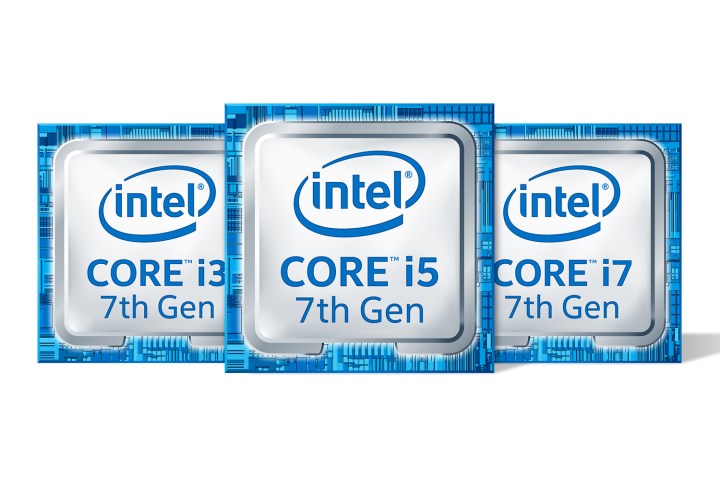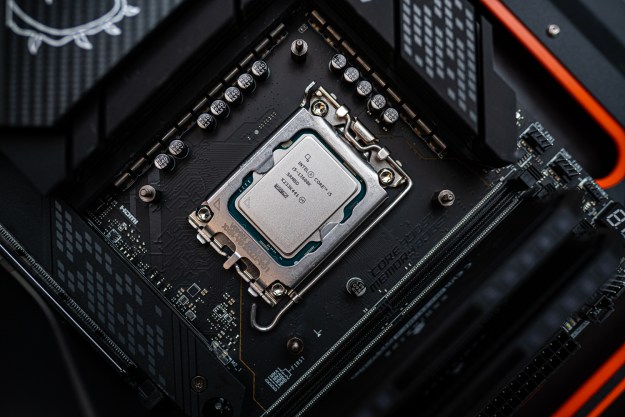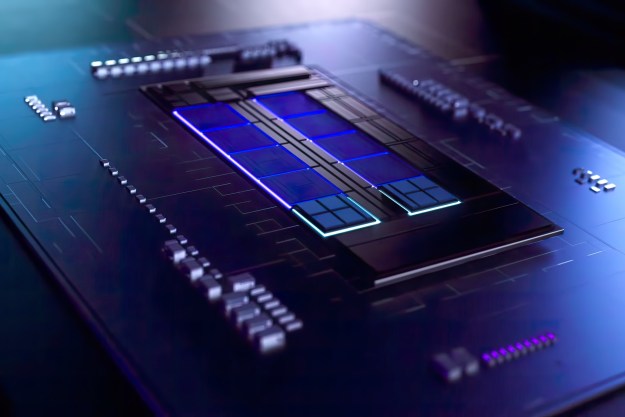
We’ve known for a little while now that Optane would only work with Intel’s seventh-generation processors and chipsets, along with requiring an M.2 slot. Now, it appears that Optane requires Intel Core processors specifically, making their requirements a bit more specific, as the Tech Report points out.
The specific reference can be found on Intel’s own Optane site, which lists the CPUs and chipsets that will be required to utilize Optane memory. In terms of processors, you’ll find Core i3, Core i5, and Core i7 variants. What you won’t find are any of Intel’s lower-end parts such as Pentium and Celeron processors.
In addition, while a full range of Core processors is supported, you also won’t find any of Intel’s latest Core Y-series CPUs. These low-power options, which were called Core M processors in earlier iterations, are found most commonly on fanless notebooks. Essentially, Intel is only providing Optane support on machines using its most high-powered — and expensive — processors.
What that means in practice is that budget PC builders might very well be better off buying a low-powered SSD to go with a low-priced Intel Celeron or Pentium machine. Put another way, if you’re building a machine around these CPUs, then you’ll have to go with the SSD option or settle for a slower HDD.
Another way to look at it is that Optane shouldn’t be looked at exclusively as the cheapest way to boost storage performance. At least, not for the most low-budget machines. Rather, it’s a way to build a machine that’s going to perform better in both storage and processing while not breaking the bank. Optane can also serve as a way to augment speedy SSD storage for booting a system while enjoying the cost-effective capacity of HDDs.
In any case, if you’re building a new system, keep these limitations in mind. If you want Optane, then you’ll need to choose one of Intel’s seventh-generation Core processors, and you’ll need to leave the Pentium and Celeron options out of your equations.
Editors' Recommendations
- Everything we know about Lunar Lake, Intel’s big next-generation chips
- Confused about Core Ultra? We were too, so we asked Intel about it
- Intel’s Core Ultra CPUs are more Apple, less AMD
- After 15 years, Intel may be killing the Core i5 and Core i7
- Intel’s 24-core laptop CPU might outclass desktop i9 processors


